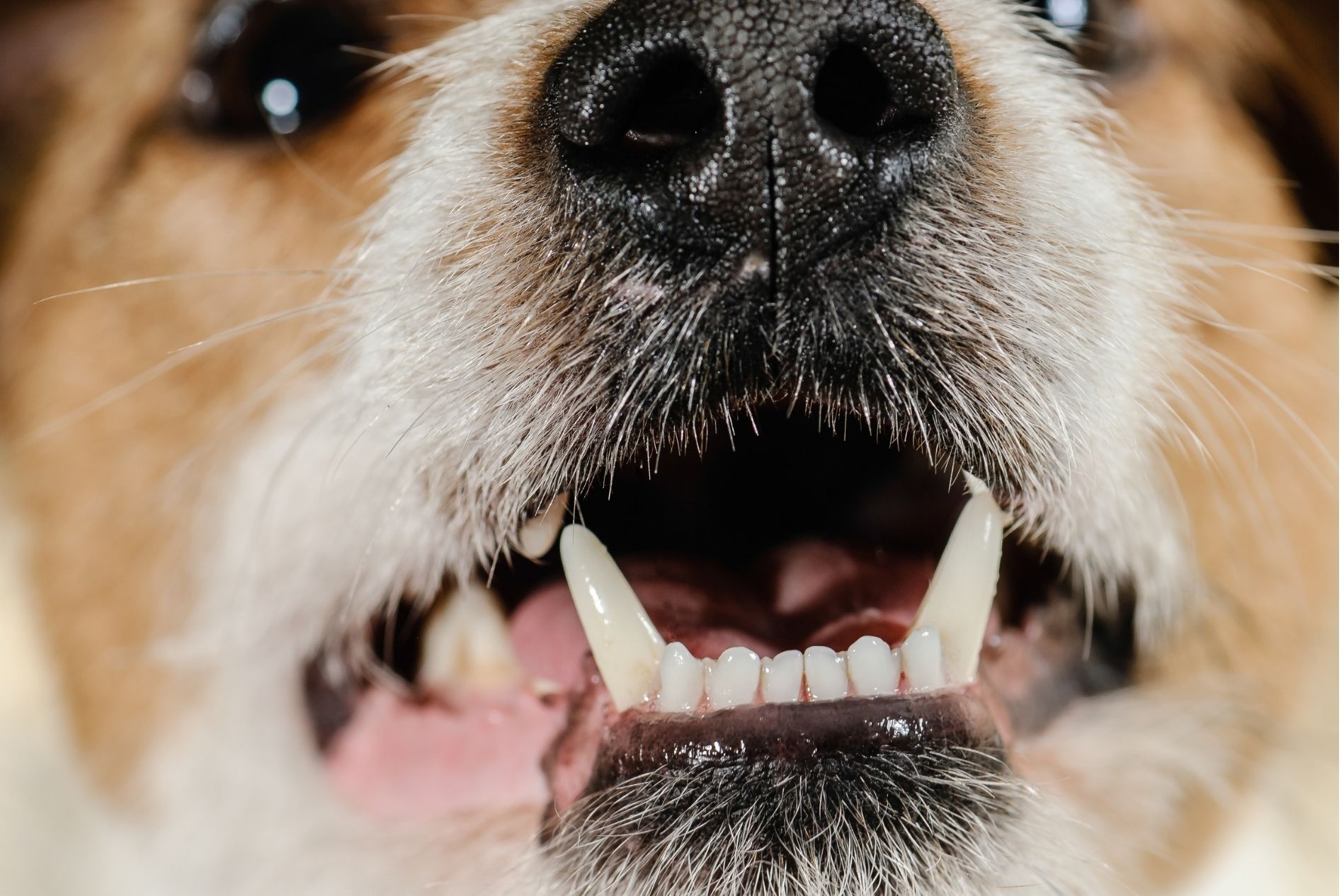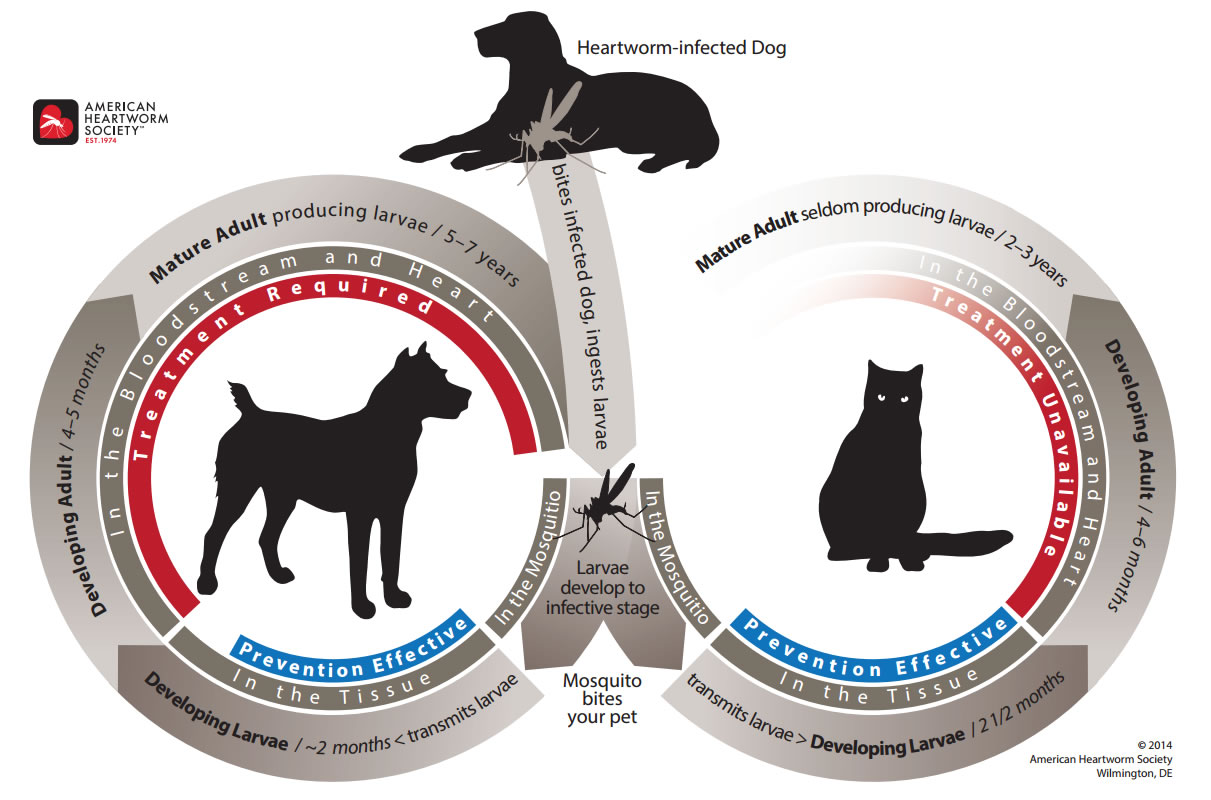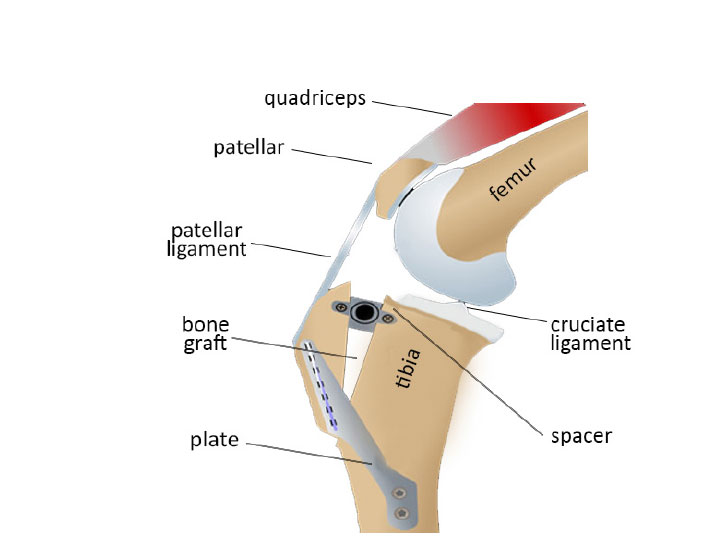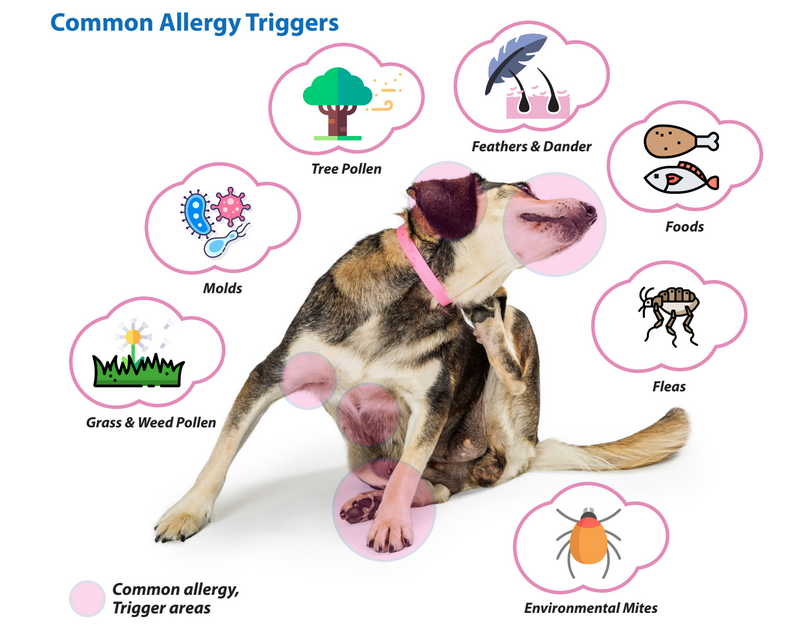
Why does my dog have bad breath?
1. Poor Dental Hygiene
Are you brushing your pet’s teeth daily? If not, it’s important to get your pet on a daily tooth-brushing regimen. Failing to brush your pet’s teeth or not brushing nearly enough will cause a buildup of tartar, which later turns into plaque, a bacteria-harboring hard substance. The accumulation of plaque and tartar can lead to tooth decay, gum disease, and bad breath. Make sure the products you use are approved by the Veterinary Oral Health Council (VOHC) or your veterinarian and are pet-safe. When in doubt, take your pet in for an appointment with your veterinarian.
2. Periodontal Disease
Periodontal disease in pets, also known as periodontitis, is the main cause of bad breath in cats and dogs. First, the problems start above the gum line, then bacteria makes its way beneath the gums, causing inflammation and infection. Once bone and the tissues that support the teeth are affected, tooth loss will occur. Unfortunately, pets that suffer from dental issues may also develop other signs and symptoms of poor dental health, such as pain, change in mood or temperament, loss of appetite, weight loss, chronic respiratory issues, and a general failure to thrive. In severe cases, bacteria from the mouth can enter the bloodstream and cause potentially life-threatening systemic illness that affects the kidneys, liver, and heart.
3. Systemic Issues
Certain conditions like diabetes, kidney disease, or cancer can lead to bad breath in both dogs and cats. Diabetes will cause a pet’s breath to smell fruity or sweet because of the presence of ketones. Kidney disease can also cause bad breath in pets when the body cannot properly or efficiently filter waste from the blood. Other causes of bad breath include metabolic diseases, gastrointestinal disorders, and some forms of cancer.
4. Gum Disease
Your pet’s gums should be a healthy bubblegum pink color. In the case of gum disease (gingivitis) gums may be inflamed, prone to bleeding, or show signs of recession. A dark red gum line, on the other hand, may indicate severe gingivitis (inflammation of the gums), stomatitis, and/or more advanced periodontal disease. Healthy gums should exhibit healthy perfusion. You can also use your finger to feel your pet’s gums. If they are dry or tacky, this may indicate dehydration or another underlying health issue.
5. Snacking
Lastly, your pet’s bad breath may be caused by a common yet frequently overlooked problem. Some pets exhibit coprophagia, which is a fancy way of saying that they like to eat poop. Dogs are particularly sneaky about poop-eating, too. Next, work on resolving the behavior or removing the source. Sometimes, that’s not so easy.
Source: https://petdesk.com/blog/why-does-my-pet-have-bad-breath/




